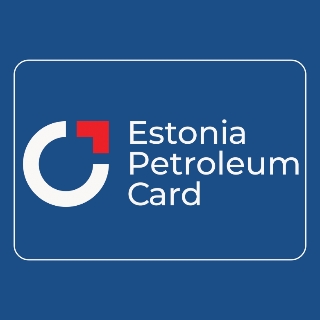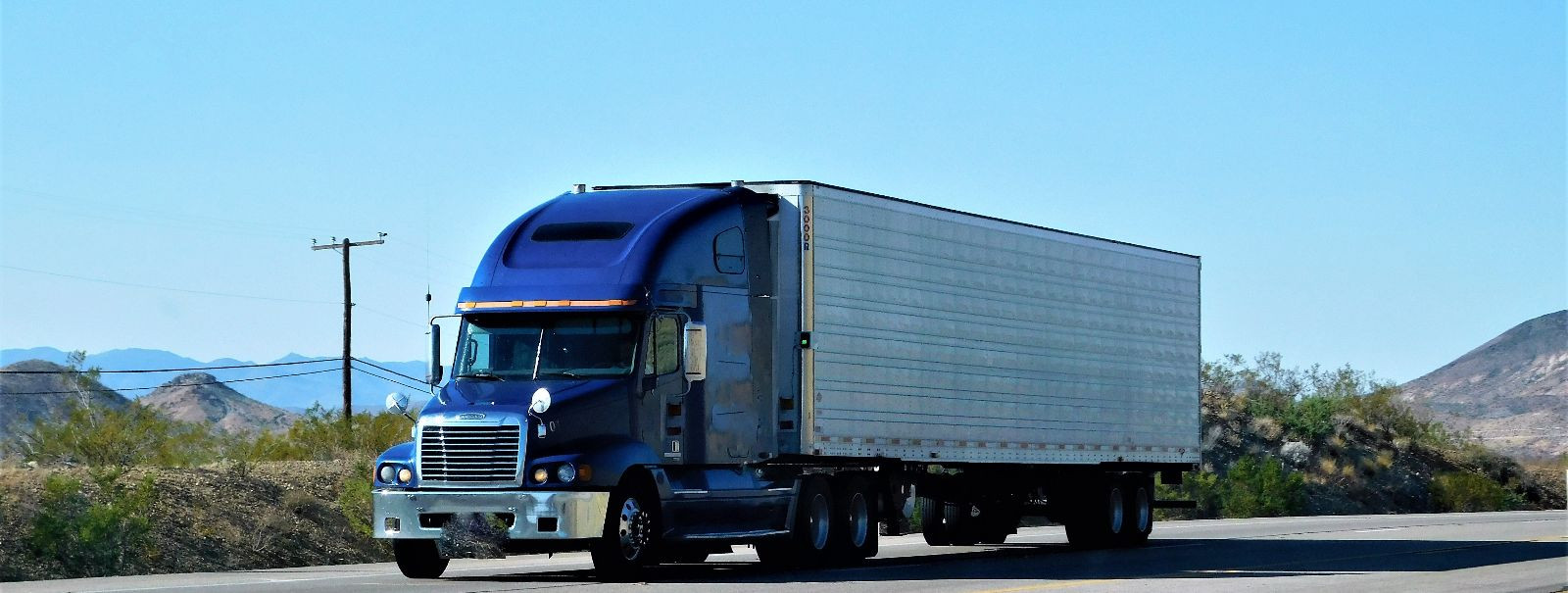Maximizing fleet efficiency with fuel cards
In the competitive world of transportation and logistics, maximizing fleet efficiency is crucial for maintaining a competitive edge. Fleet managers are constantly seeking ways to optimize operations, reduce costs, and improve overall performance. One effective solution that has gained popularity is the use of fuel cards. These cards offer a streamlined approach to managing fuel expenses and can significantly enhance fleet efficiency.
2. Understanding Fuel Cards
Fuel cards, also known as fleet cards, are specialized payment cards designed for purchasing fuel and other vehicle-related expenses. They function similarly to credit cards but are tailored specifically for fleet management. Fuel cards are issued by fuel companies or third-party providers and can be used at a wide network of fuel stations.
Fuel cards work by allowing drivers to purchase fuel and other services without the need for cash or personal credit cards. Each transaction is recorded and tracked, providing fleet managers with detailed reports on fuel consumption, spending patterns, and driver behavior. This data is invaluable for making informed decisions and optimizing fleet operations.
3. Benefits of Using Fuel Cards for Fleet Management
One of the primary benefits of fuel cards is the potential for significant cost savings. Many fuel card providers offer discounts on fuel purchases, which can add up to substantial savings over time. Additionally, fuel cards help prevent unauthorized spending and reduce the risk of fraud, further contributing to cost efficiency.
Fuel cards simplify the process of managing fuel expenses by consolidating all transactions into a single, easy-to-read statement. This eliminates the need for drivers to keep track of receipts and reduces the administrative burden on fleet managers. With automated reporting, managers can quickly identify trends and areas for improvement.
Security is a major concern for fleet managers, and fuel cards offer enhanced protection against fraud and misuse. Many fuel cards come with security features such as PIN protection, spending limits, and real-time transaction alerts. These features help prevent unauthorized use and ensure that fuel expenses are legitimate.
Fuel cards provide fleet managers with valuable data insights that can be used to optimize operations. Detailed reports on fuel consumption, driver behavior, and spending patterns enable managers to identify inefficiencies and implement strategies for improvement. This data-driven approach leads to better decision-making and increased fleet efficiency.
4. Implementing Fuel Cards in Your Fleet
Selecting the right fuel card provider is crucial for maximizing the benefits of fuel cards. Fleet managers should consider factors such as network coverage, pricing, security features, and customer support when choosing a provider. It's important to select a provider that aligns with the specific needs and goals of the fleet.
Integrating fuel cards with existing fleet management systems can further enhance efficiency. Many fuel card providers offer integration options that allow for seamless data sharing between systems. This integration enables real-time monitoring of fuel expenses and provides a comprehensive view of fleet operations.
5. Overcoming Common Challenges
While fuel cards offer enhanced security, it's important for fleet managers to remain vigilant against fraud and misuse. Implementing strict policies and monitoring transactions regularly can help prevent unauthorized use. Training drivers on the proper use of fuel cards is also essential for minimizing risks.
Ensuring employee compliance with fuel card policies is critical for maximizing efficiency. Fleet managers should establish clear guidelines for fuel card use and communicate these expectations to drivers. Regular audits and performance reviews can help ensure compliance and identify areas for improvement.
6. Future Trends in Fuel Card Technology
The future of fuel card technology is promising, with advancements aimed at further enhancing fleet efficiency. Innovations such as mobile apps, telematics integration, and advanced analytics are expected to play a significant role in the evolution of fuel cards. These technologies will provide fleet managers with even greater control and insights into their operations.






Comments (0)